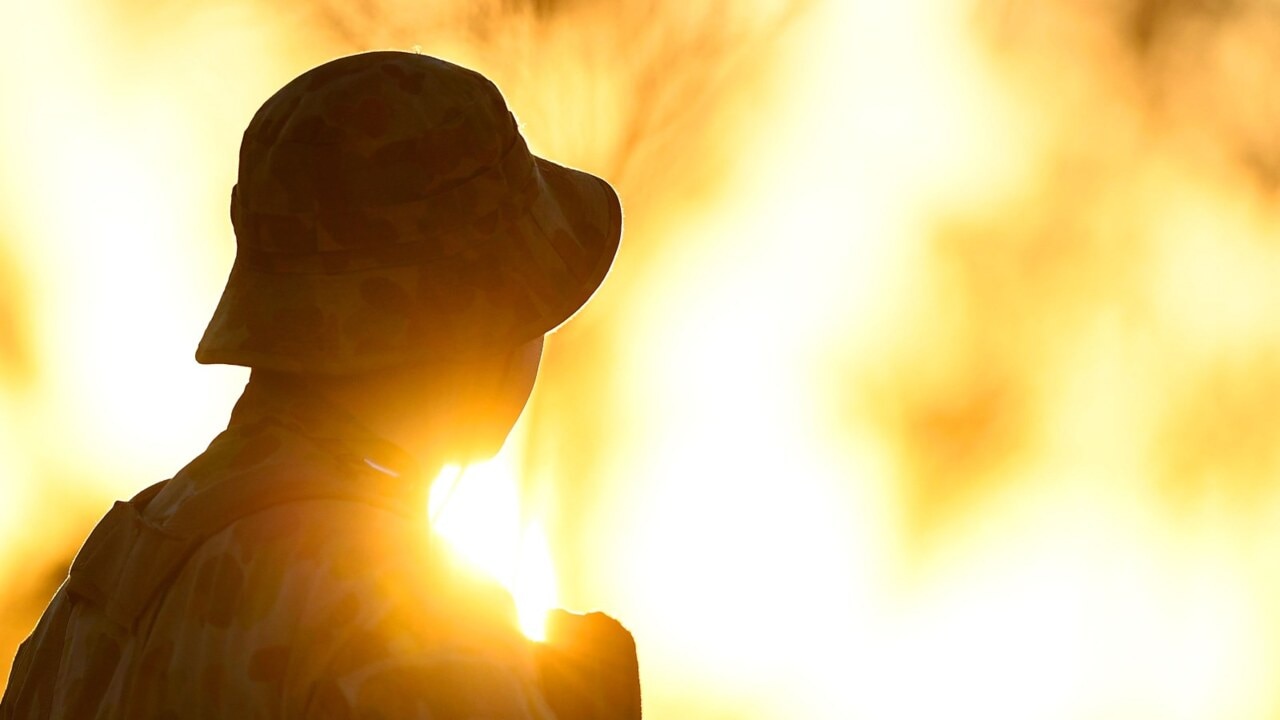Australia’s acquisition of nuclear submarines a success, but now for the real work
Negotiating access to fiercely guarded military secrets may one day prove to be the most straightforward part of Australia’s acquisition of nuclear submarines, writes Clare Armstrong.

NSW
Don't miss out on the headlines from NSW. Followed categories will be added to My News.
Negotiating access to some of the most fiercely guarded military secrets in the world may one day prove to be the most straightforward part of Australia’s acquisition of nuclear submarines.
The unveiling of long-awaited details of the AUKUS pact with Anthony Albanese, UK PM Rishi Sunak and US President Joe Biden in San Diego on Tuesday will mark the end of top-secret negotiations and the start of real work.
Eighteen months of talks saw an unprecedented level of intelligence sharing between the nations, as Australian officials were made privy to nuclear information nations would give almost anything to acquire.
Though if there were any lingering doubts about Australia’s trustworthiness, then surely they have been allayed this past week as a steady stream of details concerning the submarines agreement leaked to media outlets everywhere other than here.
From British reports of Sunak “buzzing” to tell his cabinet he’d secured a great deal, to assurances from US officials they too had secured a slice of Australia’s billions, both sides claimed domestic wins.
Out in the open, Australia will move to a more nuanced pose.
The PM, Foreign Minister Penny Wong and Defence Minister Richard Marles have already approached regional allies to offer assurances under what is informally described as a “no surprises” policy.
Eager to avoid the diplomatic fallout from the initial AUKUS announcement (say what you will about the French, they know how to throw an international tantrum), the Albanese government has openly discussed its intent in acquiring nuclear-powered submarines.
Since the inception of AUKUS China has tried to use the pact to sow division in the Indo-Pacific.
Both sides of Australian politics are clear-eyed about this risk and the bipartisanship on this issue has been unwavering.
Marles last Thursday issued one final public assurance to Australia’s nervous neighbours that this step up was about anything other than war.
“The true intent of this capability is to provide for the stability and peace of our region,” he said.
Opposition leader Peter Dutton concurred, saying “our neighbours should hear the very clear message that this is about providing peace and stability for our future and theirs”.
One of the key concerns among neighbouring nations is the impact Australia’s acquisition has on its commitment to the nuclear non-proliferation treaty.
Wong recently commemorated the 50th anniversary of Australia ratifying that treaty, noting we were the first nation to implement enhanced safeguards.
In addition to the high-level nuclear diplomacy work, another key piece of the AUKUS pact will soon kick into gear in Australia.
Scientists, industry and government all acknowledge a massive skills gap in Australia to actually fulfil all the roles required around the construction, operation and maintenance of a nuclear-powered submarine fleet.
The AUKUS subs will generate 20,000 jobs, including 8500 in shipbuilding in South Australia. Filling them will be a challenge.
More Coverage
Originally published as Australia’s acquisition of nuclear submarines a success, but now for the real work





